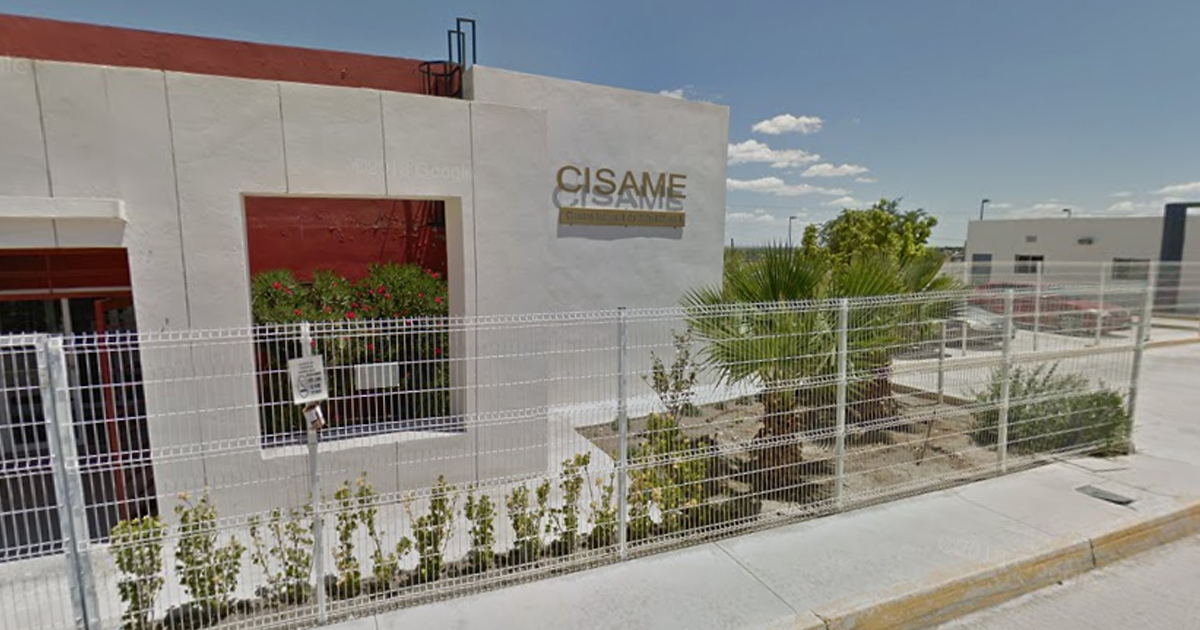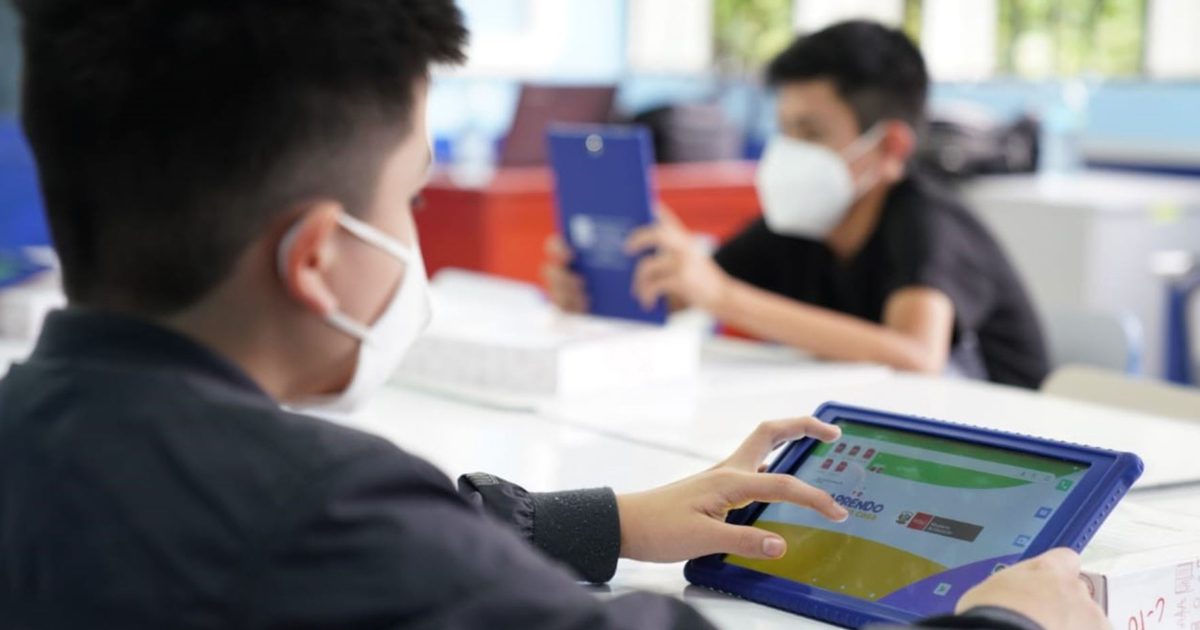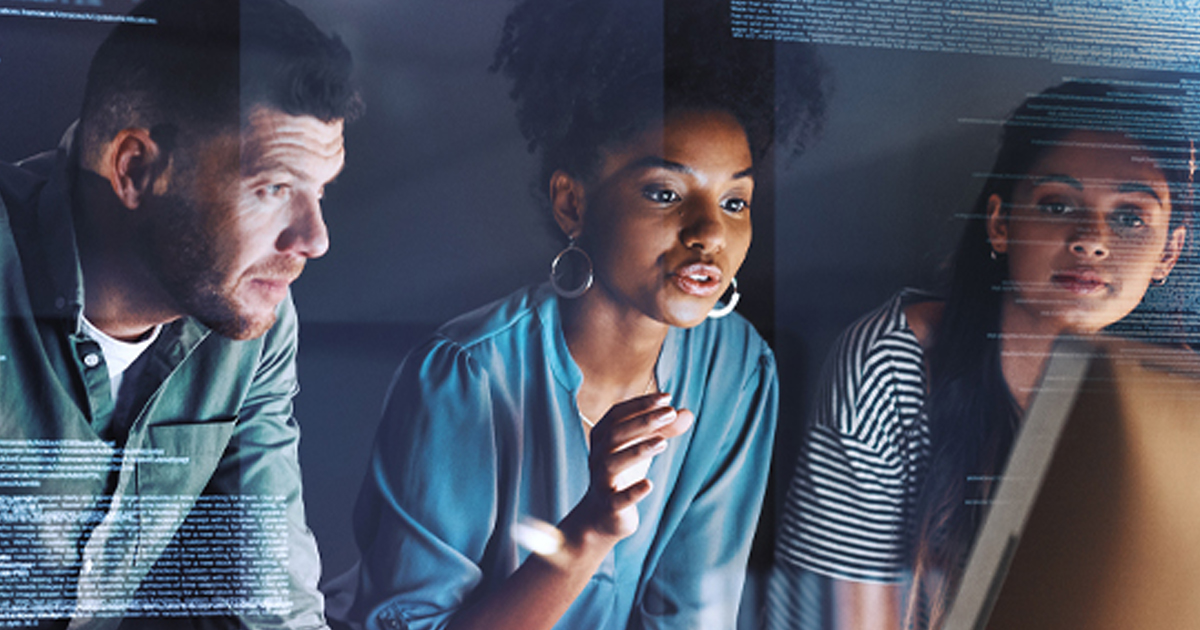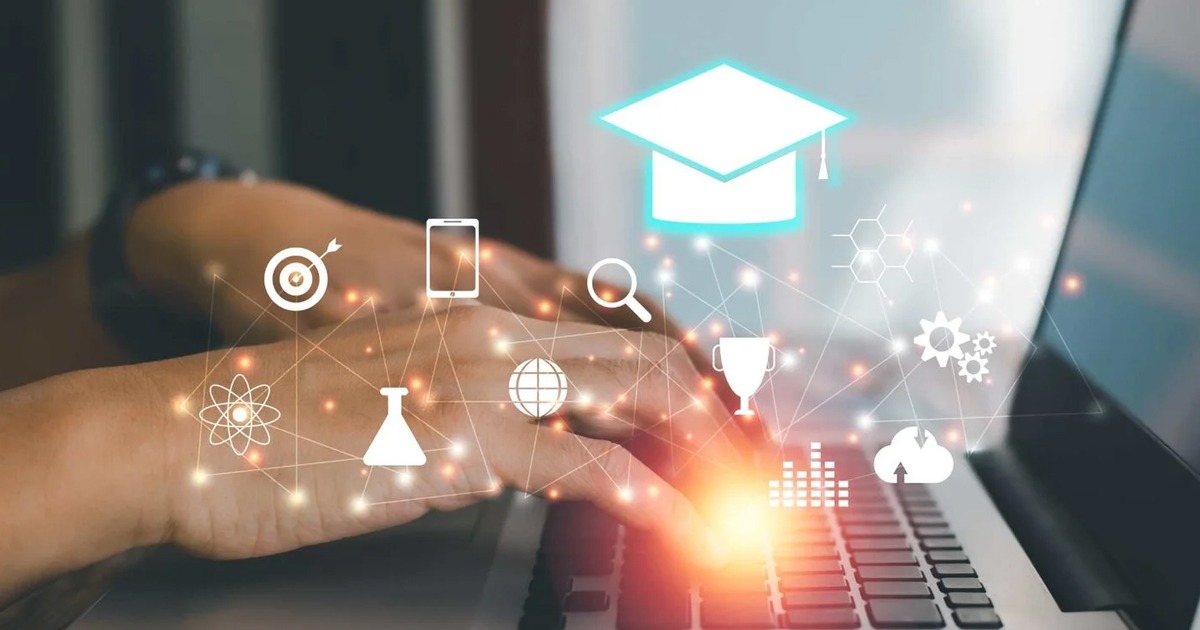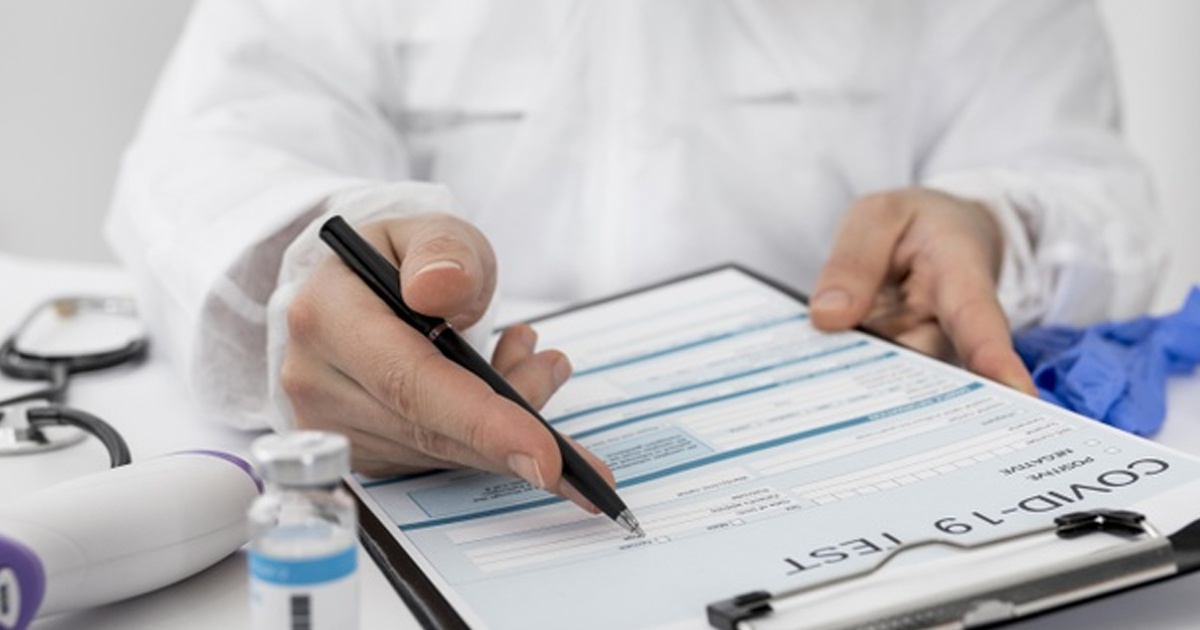The company will focus on health and well-being, although in particular, on the development of technologies that address chronic and frequent disease problems.
Google is constantly renewing and adjusting to the challenges and needs that the health sector is acquiring, so it is committed to innovating its services focusing on Digital Health.
Through a set of systems related to lifestyle care, Google is committed to the new Information and Communication Technologies to improve the quality of its results.
Verily (formerly called Google Life Sciences), is a tool whose main objective is to unify the biological sciences with computer science and technologies to discover more effective solutions in the detection, prevention and treatment of diseases.
The procedure used is the management of users' data and clinical information, which will be obtained through mobile devices and sensors capable of analyzing and classifying patterns such as heart rate or glucose level in an organism.

The clinical records are generated by bracelets or wearables that measure the heartbeat, the hours walked, among others, that serve as statistics to form a database that allows specialists to know more about the human body and its functioning.
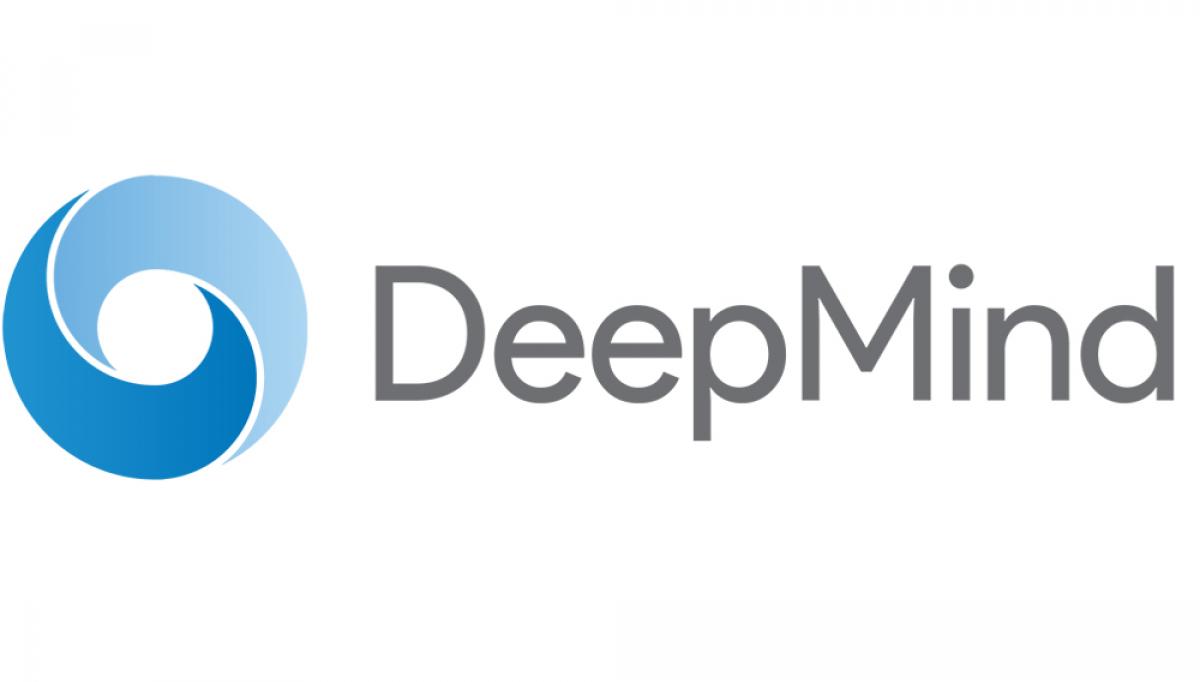
There is also a plan to make the person an active part of their medical process and be able to have control by monitoring their condition and daily activities.
The use of Artificial Intelligence (AI) is a resource that complements medical research and solutions, thanks to algorithm programming, machines can make their own decisions based on the experience that records the data generated in various situations and conflicts.
With Deep Mind, Google positions all the elements collected in the cloud to give patients confidence and security, ensuring the protection of information and its management in order to resolve group and individual conflicts.
CB INSIGHTS
MD
